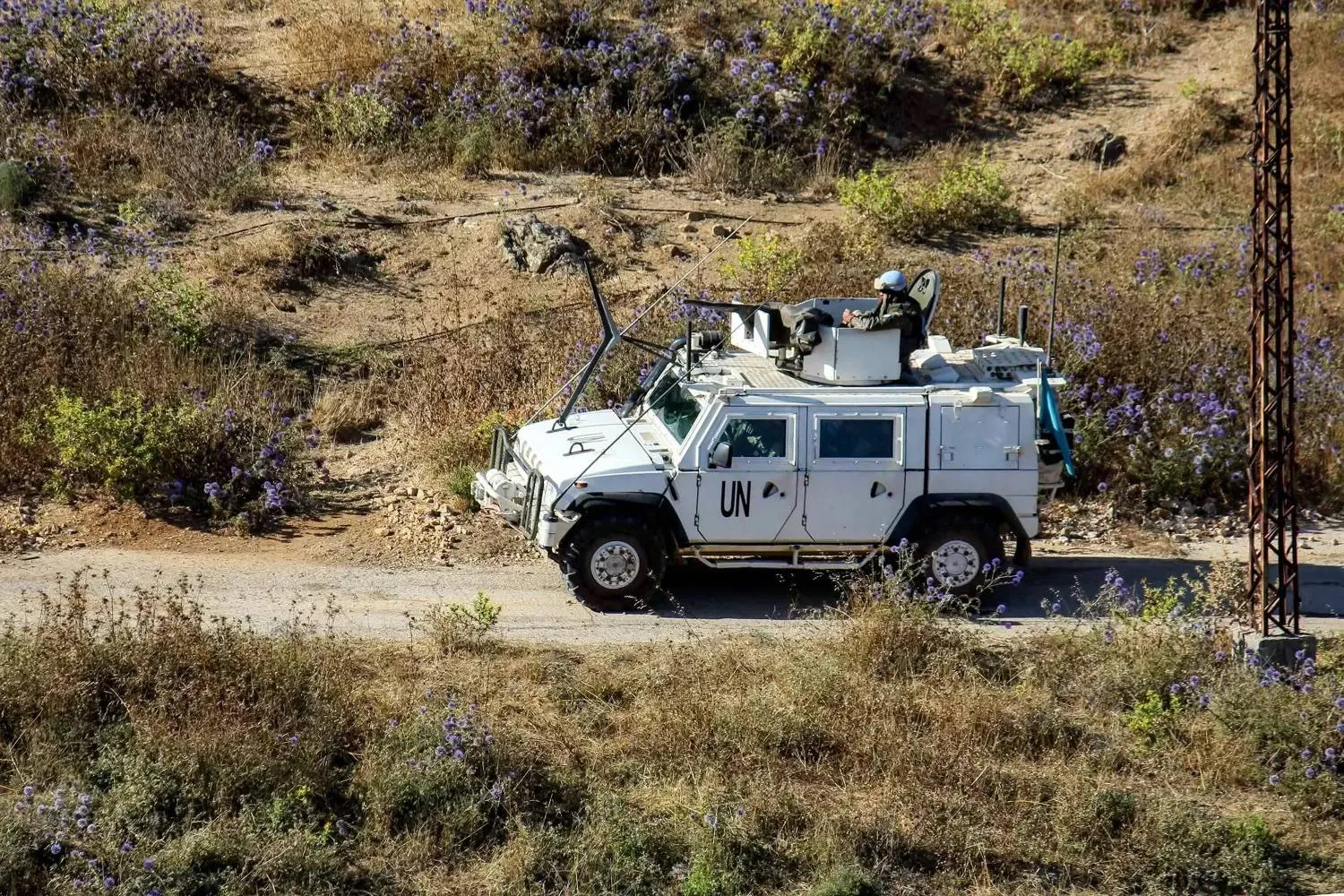Israel intensified its military operations in southern Lebanon on Saturday, carrying out four raids against suspected Hezbollah operatives in the deadliest day of attacks in two months. The strikes killed one person and wounded six others.
The escalation comes as Lebanese officials struggle to finalize a unified response to a US proposal demanding Hezbollah’s disarmament and sweeping reforms. The response is expected to be delivered to US envoy Thomas Barrack on Monday.
According to the Israeli army, one drone strike killed a member of Hezbollah’s elite Radwan force near the town of Ainata. Lebanese authorities reported that the attack targeted a vehicle in the Saf al-Hawa area at the entrance to Bint Jbeil.
Lebanon’s Health Ministry said an initial strike killed one person and injured two. Later strikes in Bint Jbeil and neighboring Shaqra wounded four more, including two critically. Another attack in Shebaa reportedly targeted a house, injuring a civilian.
Israel’s Army Radio confirmed that the military had tried to assassinate four Hezbollah members in separate operations, confirming one fatality while assessing the status of the others.
The attacks represent the largest number of targeted strikes in a single day since April. Lebanese observers see the surge in military pressure as an Israeli attempt to influence the tense negotiations in Beirut.
Hezbollah has yet to provide an official response to the American demands and has signaled it will not compromise without guarantees, particularly requiring Israel to fully implement a ceasefire agreement reached last November. That truce called for Israel’s withdrawal from occupied Lebanese territory, an end to air and ground violations, and the release of Lebanese prisoners.
Since the ceasefire, Hezbollah has demanded Israel withdraw from five strategic positions it continues to occupy in southern Lebanon, while Israel insists it will maintain military pressure unless Hezbollah disarms.
On Thursday, an Israeli drone strike near southern Beirut killed a man and wounded three others. Israeli forces claimed they had targeted an “Iranian-affiliated terrorist.”
Under the ceasefire terms, Hezbollah was to dismantle its military infrastructure south of the Litani River, about 30 kilometers from the Israeli border, in exchange for expanded deployment of Lebanese troops and UN peacekeepers. Israel was to withdraw from the newly occupied positions, though it has so far refused to pull out of key sites.









